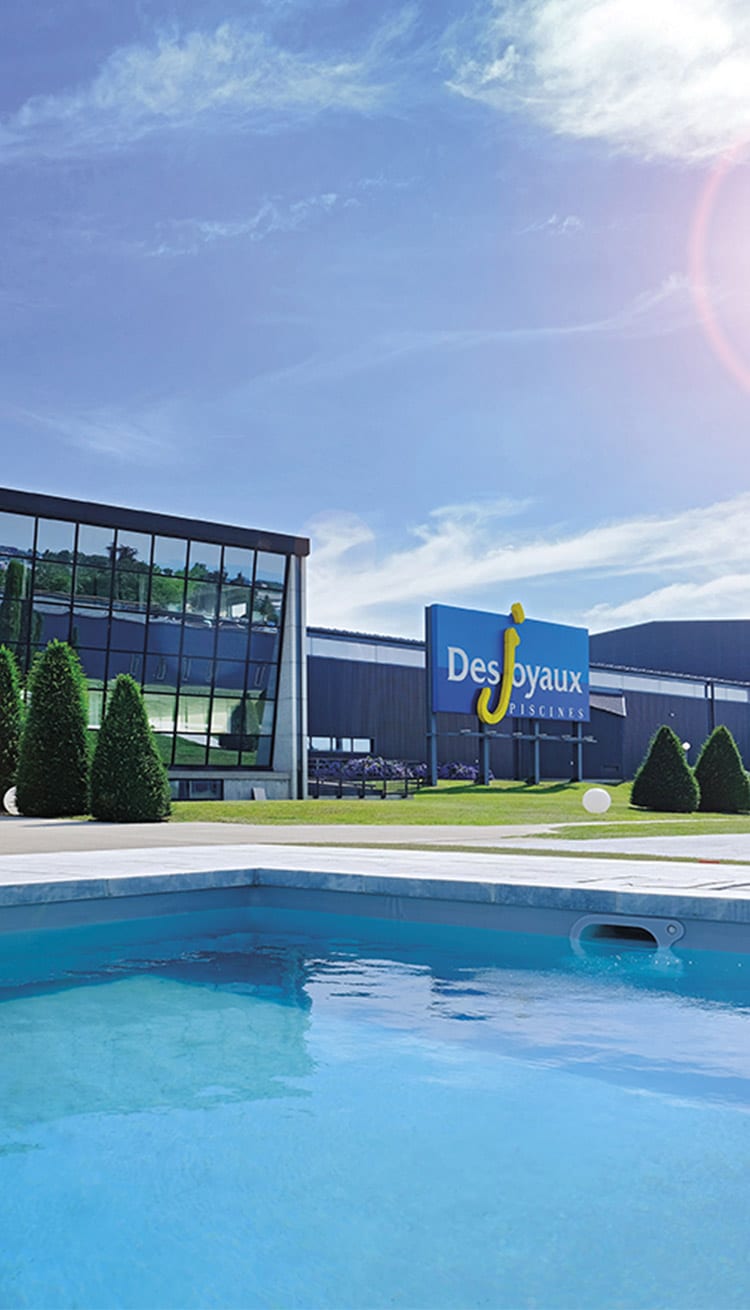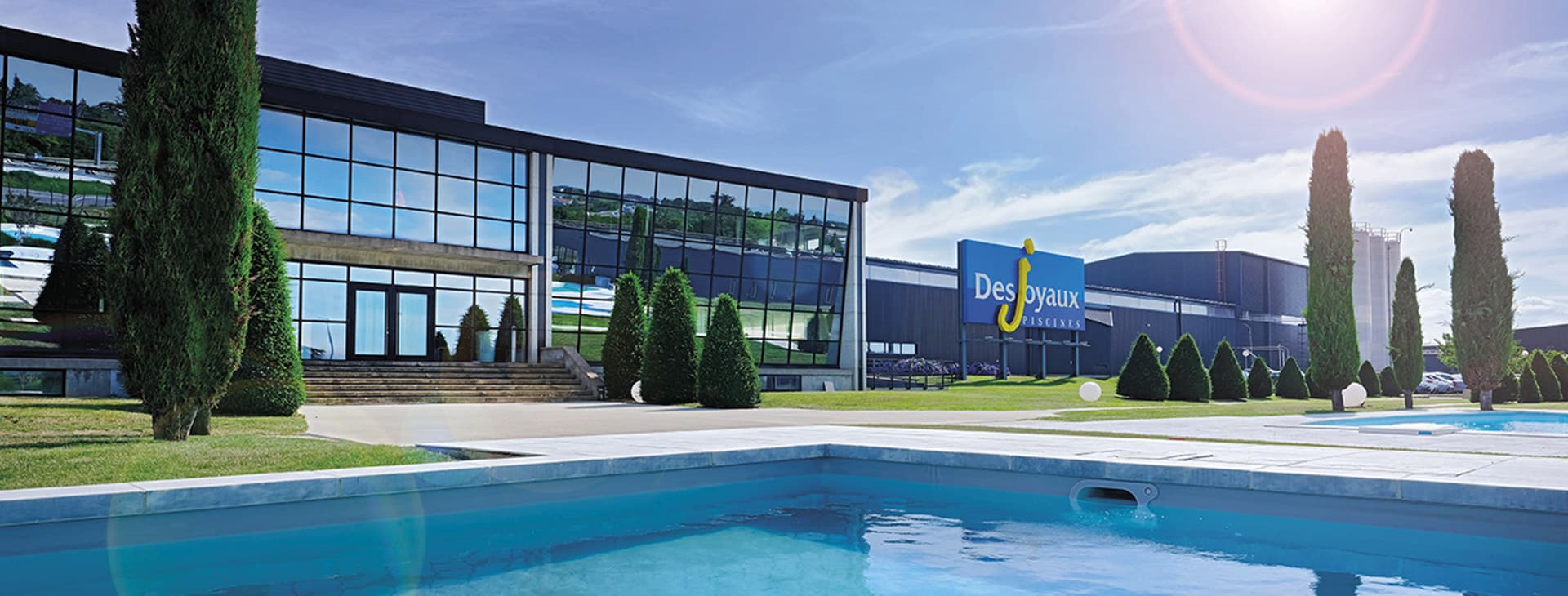

“There are a lot of pools to build!” Despite polemics about water shortages and economic ups and downs, Jean-Louis Desjoyaux, boss of the family business founded by his father in 1968, is investing tens of millions to bounce back.
Many of the people who come to the Desjoyaux website have searched for ‘piscine’ and ‘coque’,” laughs her daughter Fanny, in charge of marketing and communications. But we’re not talking about those big basins that you fill with water.
At its factory in La Fouillouse (Loire), a few kilometers from Saint-Etienne, Europe’s number-one in-ground pool manufacturer produces kit elements. Polypropylene parts that form the pool wall. “The idea is to assemble them like Lego, to the desired size,” explains Cyril Chastre, the human resources manager, commenting on a visit for AFP. “Afterwards, we pour the concrete” into this plastic frame, assembled on site once the pit has been dug.
Recycled plastic, since the raw material comes from recycled water bottles, old car interiors or bumpers… Small beads of this second-hand plastic, transported in large pipes through the plant, are melted into molds of all sizes.
Pools have been getting smaller in recent years, as gardens have shrunk. They’re also shallower, and contemporary pools, which Desjoyaux describes as “family pools”, often have a foot in them.
It’s the other definition of a swimming pool,” he explains: “a living space” that complements the home. And clearly not reserved for the more affluent.
“The pool of tomorrow? A very small, fully-equipped pool with all the wellness features inside,” such as counter-current swimming and massage jets, he says. In other words, a big Jacuzzi.
“Very little water”
This is a special time: the market is buoyant, but the war in Ukraine, the return of inflation and the rise in interest rates have pushed consumers to make savings. Desjoyaux is clearly at the top end of the market, with pools typically costing between 20,000 and 25,000 euros.
“We’re always the first to be hit when there’s a global, economic, political or geopolitical event,” sighs Mr. Desjoyaux. He forecasts a 10% drop in sales for the current financial year (ending August), with -8% in France and up to -40% in Germany.
The listed company, which generates 40% of its sales from exports, posted a net profit of 21.3 million euros on sales of 161 million euros last year.
“We’re going to make 10,000 pools this year,” compared with 11,250 the previous year and over 13,000 a year earlier. The La Fouillouse plant, the group’s only one, can produce up to 20,000.
“Our margins have suffered a little, but we’re still very, very largely profitable”, he reassures.
“Of course we’ll bounce back!”, Jean-Louis Desjoyaux assures us. “We’ll just have to bend over backwards for two or three years,” he says, promising a sales offensive in the autumn.
“The current installed base is 2 million”, and it’s estimated that there are “7 million potential target customers” in France alone, he says, and many more abroad.
“A swimming pool requires very little water,” replies Jean-Louis Desjoyaux when asked about the shortage: 40 m3 of water on average, plus 5 or 6 m3 per year to compensate for evaporation “and much less if you cover the surface”.
According to the Fédération des professionnels de la piscine (FPP), private pools account for 0.13% of annual water consumption.
Not enough to hinder growth for the Loire-based entrepreneur. It has announced 70 million euros of investment in La Fouillouse, where Desjoyaux is multiplying the number of workshops on neighboring plots of land, even going so far as to buy up the last remaining bungalows in the area.
The company is going to create a plastics recycling center to produce its polypropylene, prepare the PVC used in the liner itself, strengthen its R&D teams and manufacture its own motors.
“We prefer to be in control of our own manufacturing,” sums up Fanny Desjoyaux.
Article written by Olivier Chassignole /AFP

